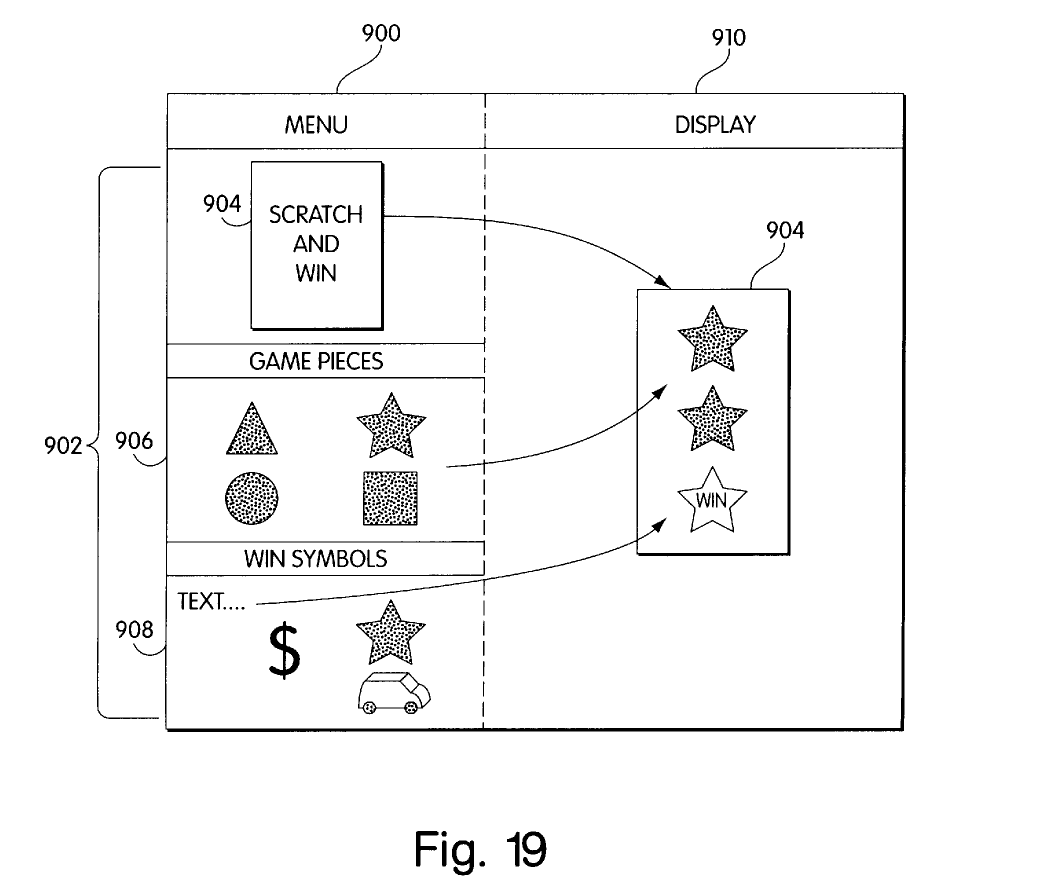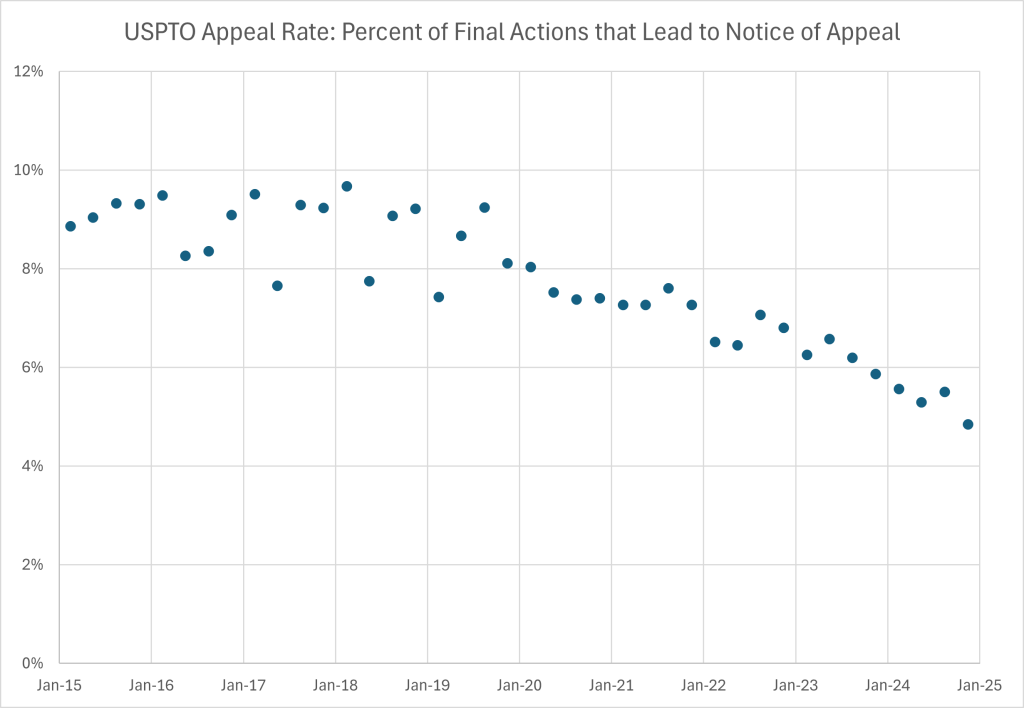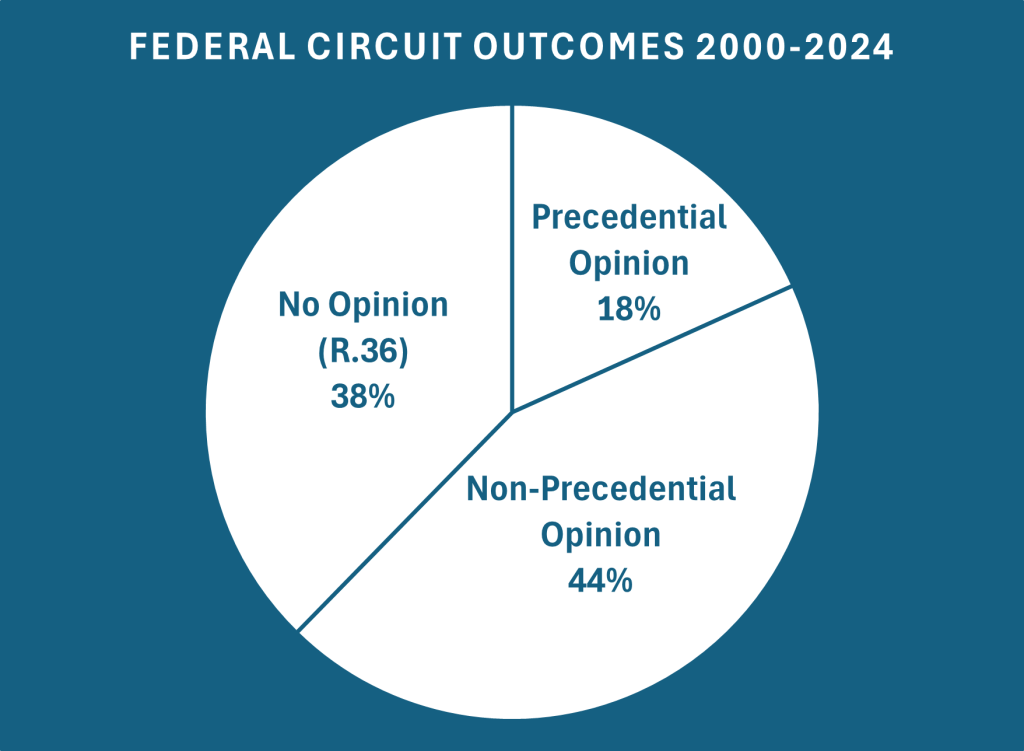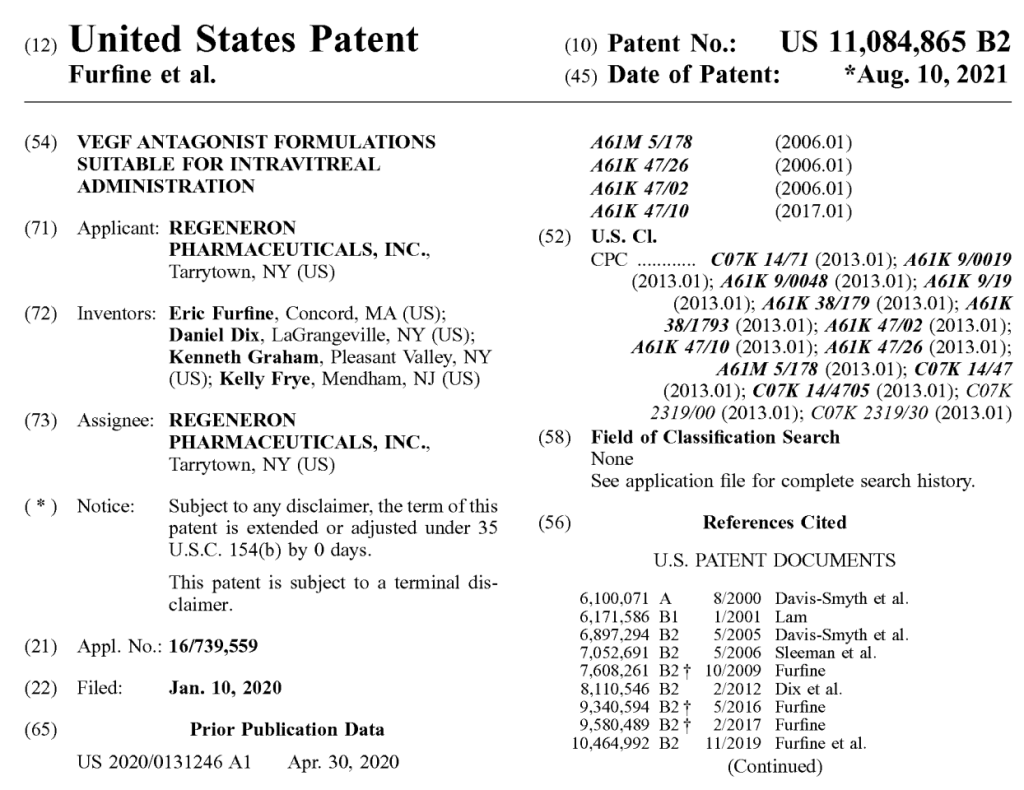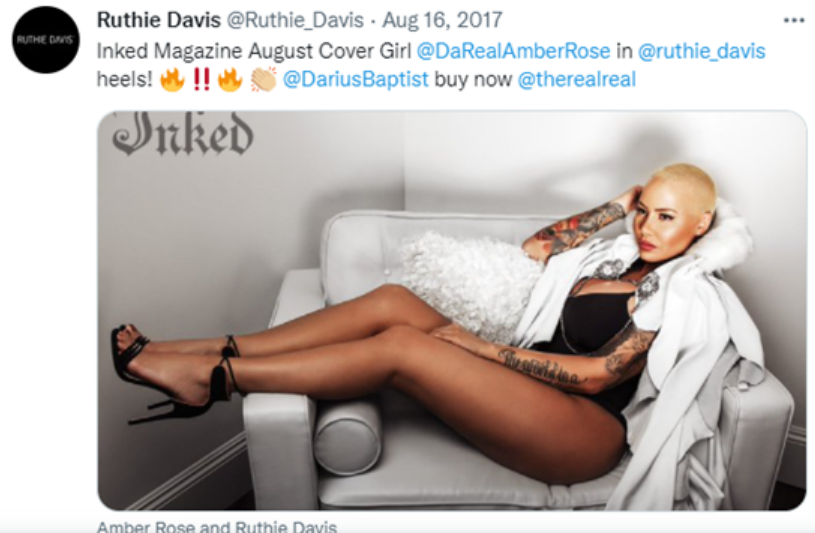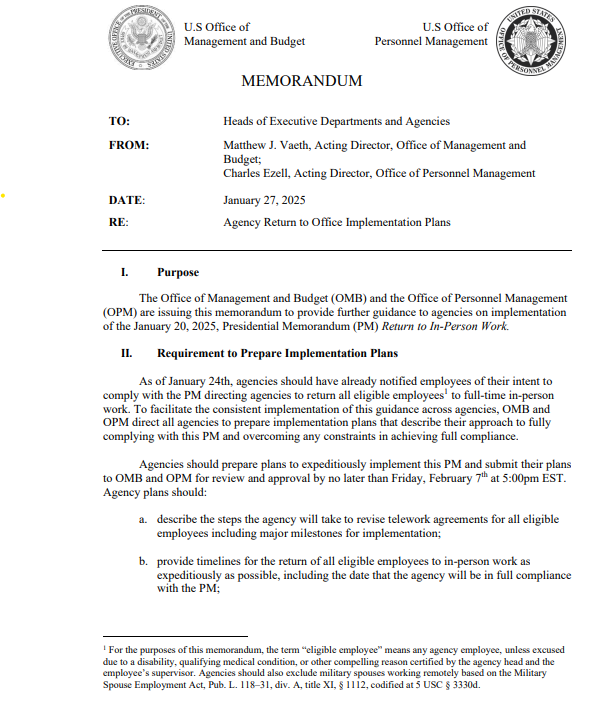The Federal Circuit has significantly limited the reach of inter partes review estoppel in Kroy IP Holdings, LLC v. Groupon, Inc., No. 2023-1359 (Fed. Cir. Feb. 10, 2025). The court held that a PTAB unpatentability finding cannot create collateral estoppel (issue preclusion) against asserting other claims from the same patent in district court - even if those other claims are materially identical for invalidity purposes. The decision, authored by Judge Reyna, emphasizes the critical distinction between IPR's preponderance standard and district court litigation's clear and convincing evidence requirement. This case builds upon ParkerVision, Inc. v. Qualcomm Inc., 116 F.4th 1345 (Fed. Cir. 2024).
The case arose after Kroy sued Groupon for infringing U.S. Patent 6,061,660, which relates to incentive programs over computer networks. After Groupon successfully challenged some claims in IPR proceedings, Kroy amended its complaint to assert different claims that had not been challenged in the IPRs. The district court dismissed the case, finding that collateral estoppel barred assertion of the new claims since they were not materially different from the claims found unpatentable by the PTAB.
To continue reading, become a Patently-O member. Already a member? Simply log in to access the full post.
